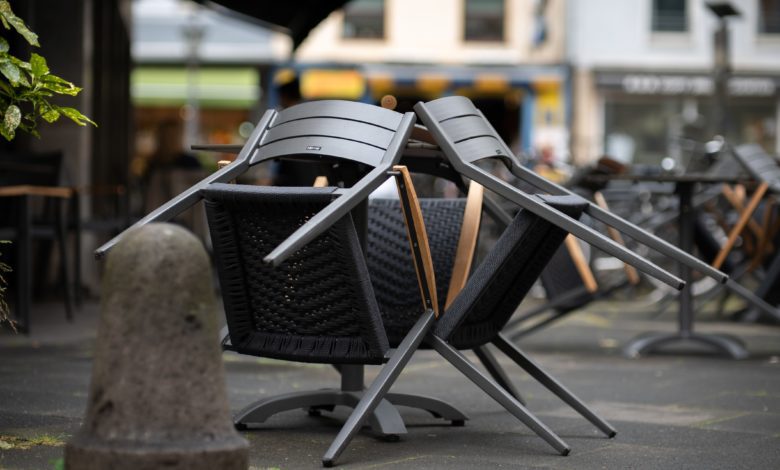Only 20% of hospitality firms track food waste, survey finds
The survey, conducted by Fourth, the global software provider for the hospitality, retail and leisure industries, and the Sustainable Restaurant Association (SRA), looks to ‘assess how the industry is coping with the food waste challenge’

A joint survey of leading hospitality operators, representing more than 2,300 sites, has revealed that only one fifth of sector businesses are currently tracking whether their food waste comes from preparation, spoilage or plate waste.

